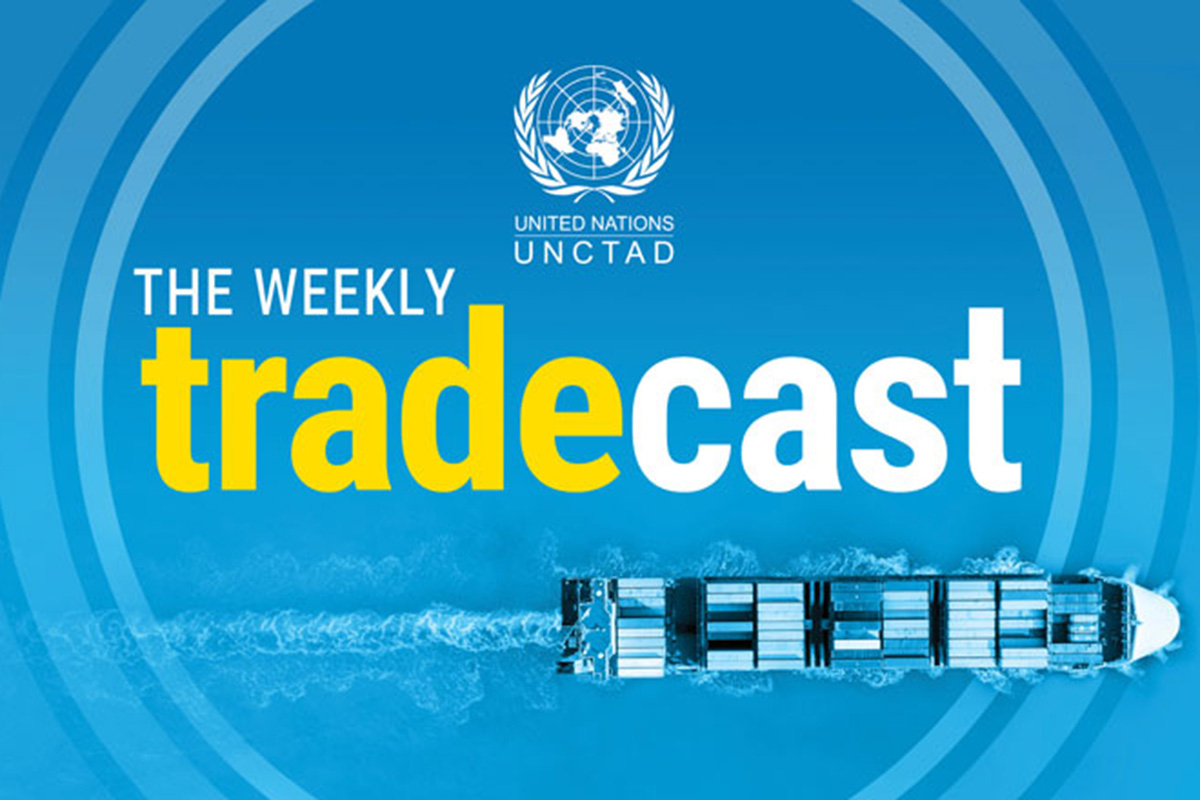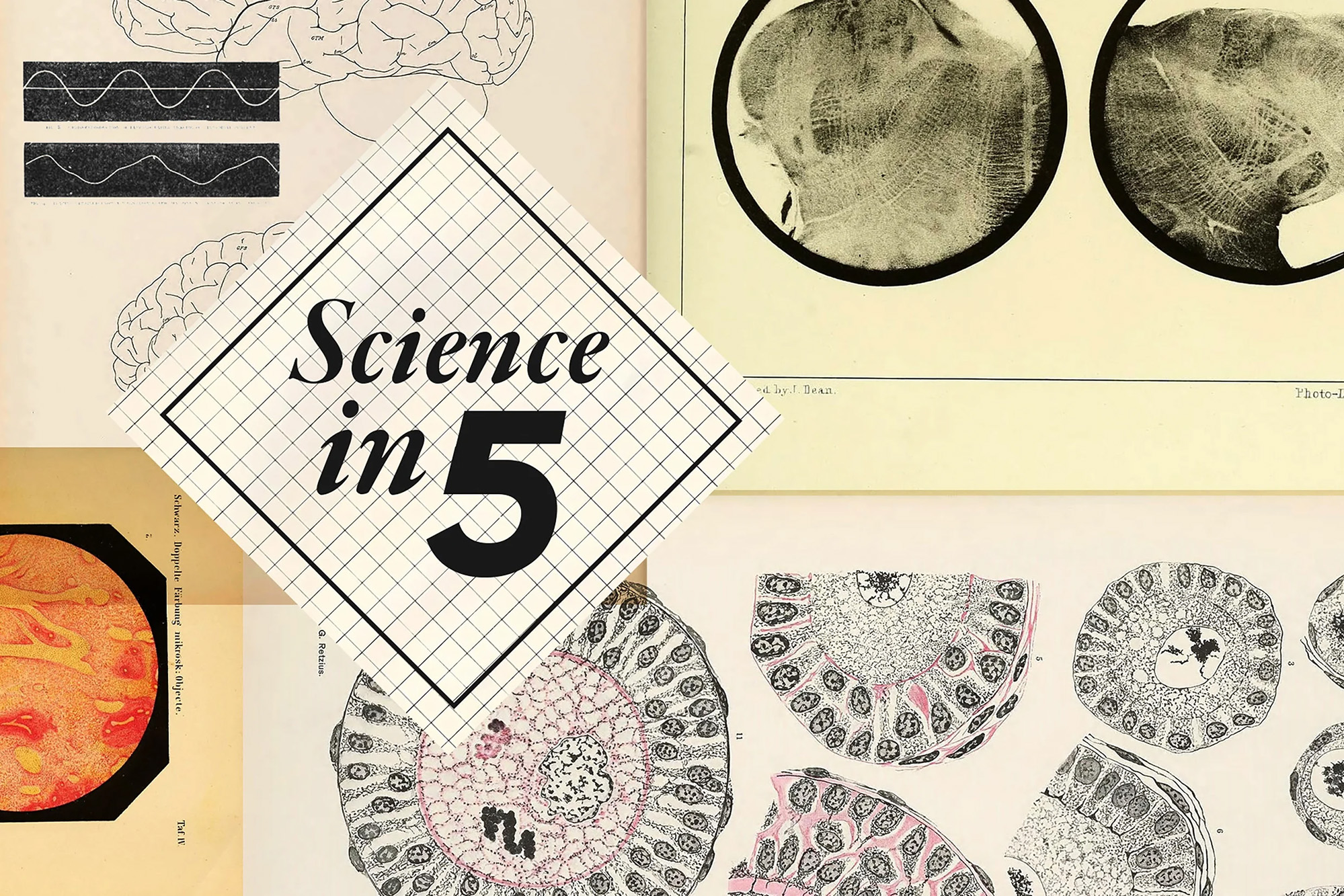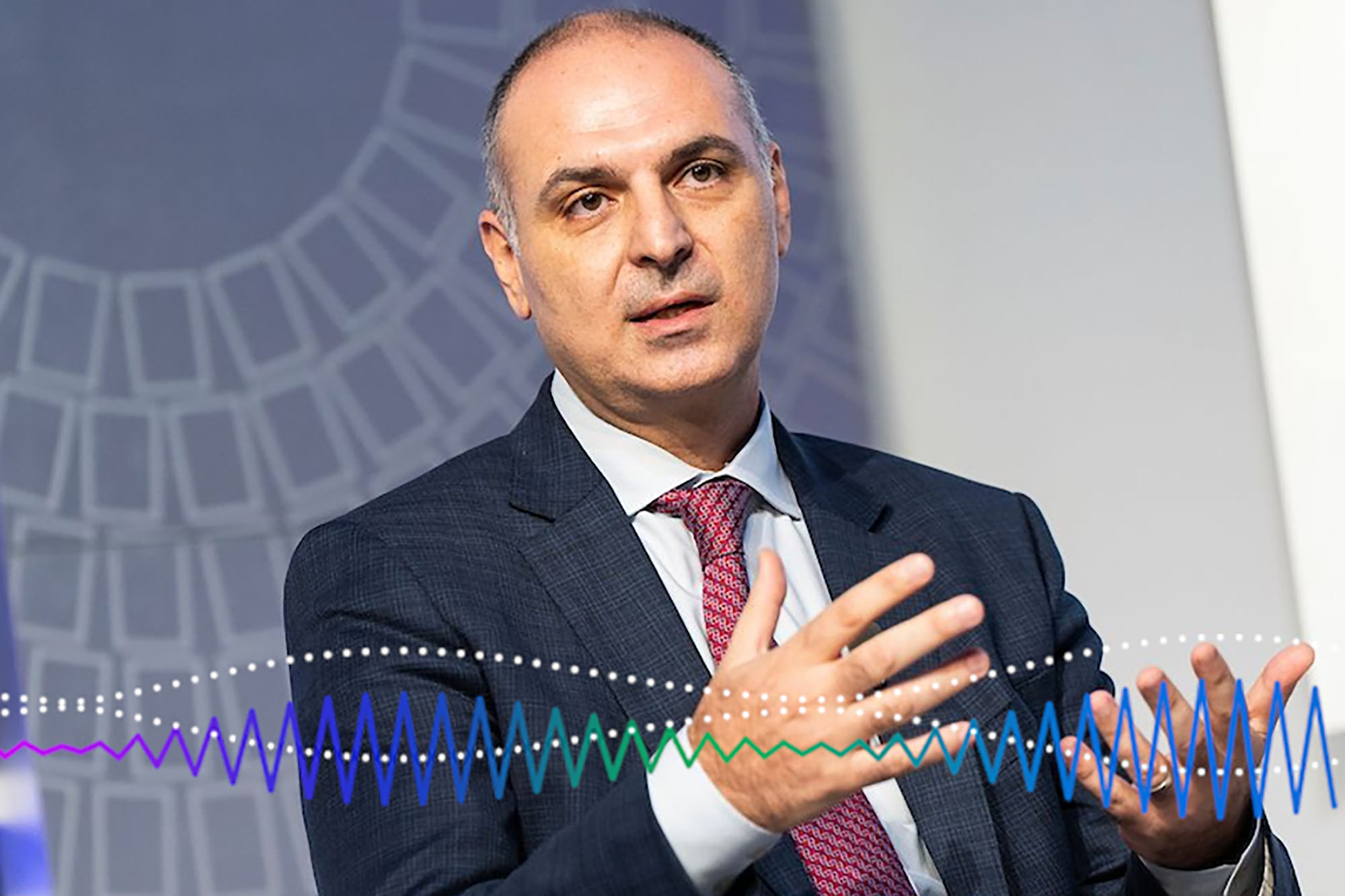Former German foreign minister Annalena Baerbock is a new face at the United Nations. Sworn in as President of the 80th Session of the UN General Assembly in September 2025, she brings experience and energy at a time of challenges and new beginnings – including the selection of the next Secretary-General.
“We need this place where countries, big and small, rich and poor, are coming together and have an equal say and an equal vote.”
Shaped by her nation’s turbulent past and successful reunification Annalena Baerbock entered politics at a young age. In this episode of Awake at Night, she reflects on the importance of female pioneers, the impact of online harassment and shares why the UN Charter can still move her to tears.
“It meant really a lot to me, personally to be sworn in on the original document of the charter. And if people could see, I was too afraid to touch the charter. So my hand was kind of one centimeter above it.”
Photo: ©UN Photo/Manuel Elías













